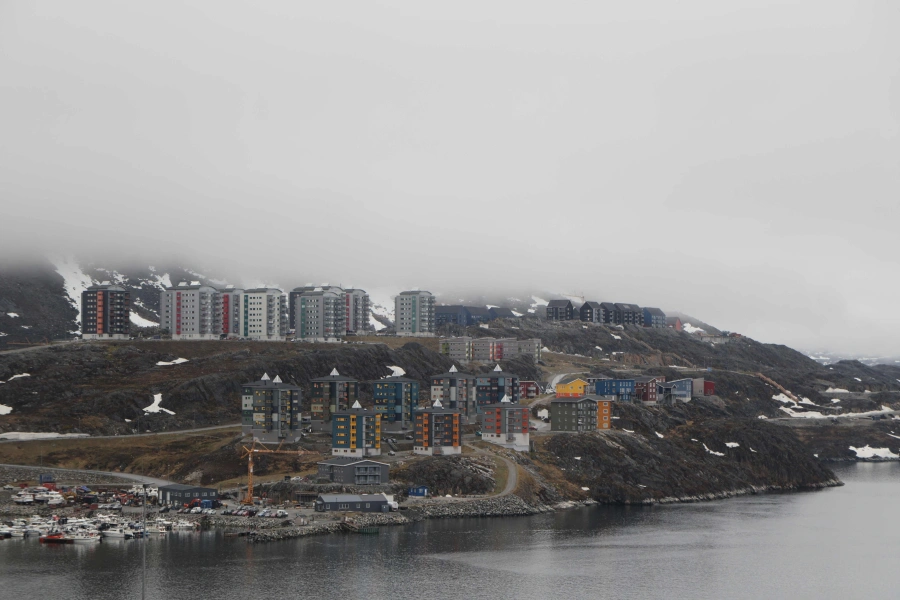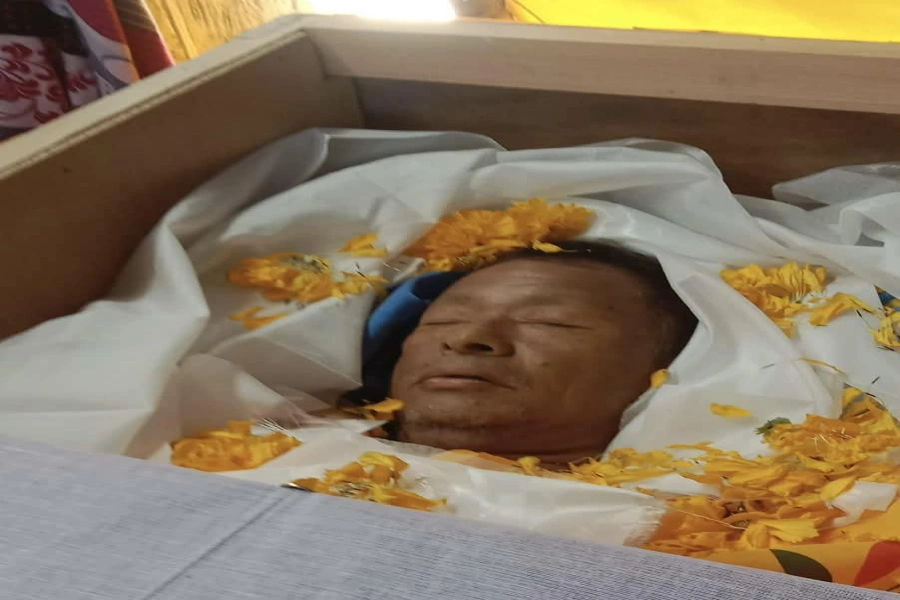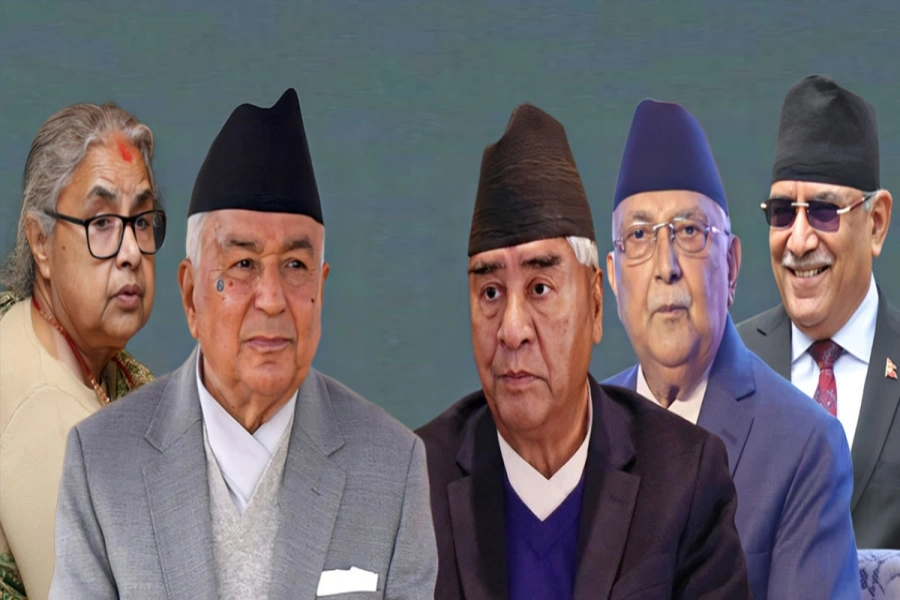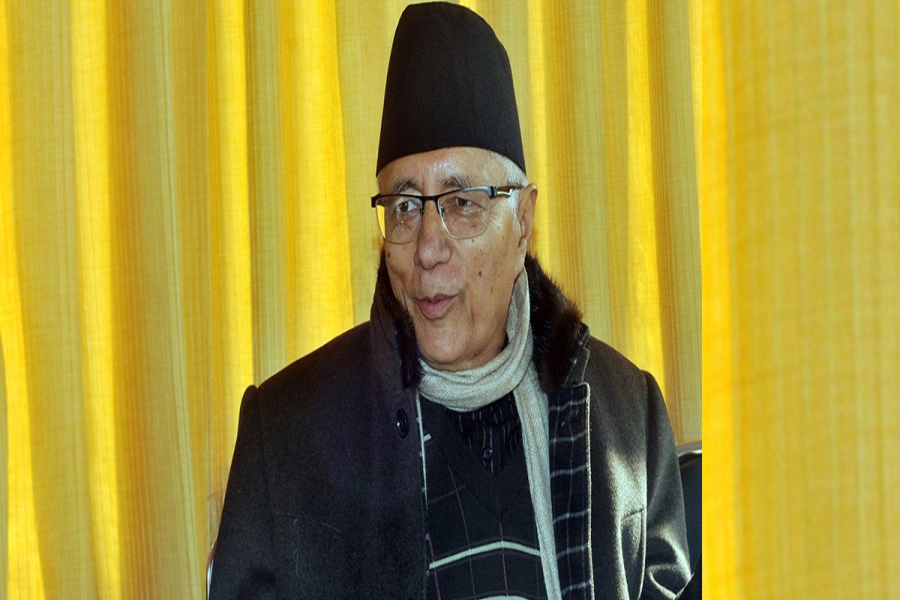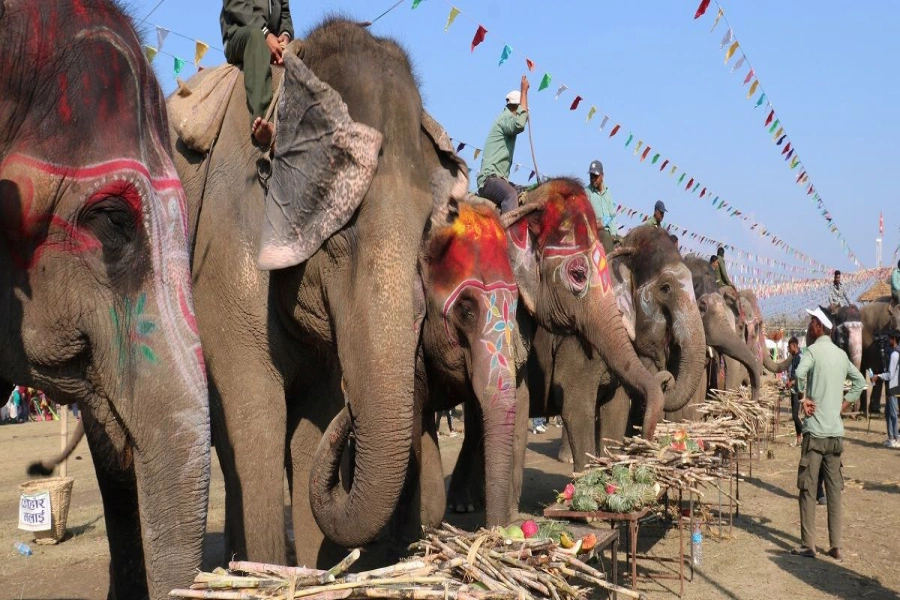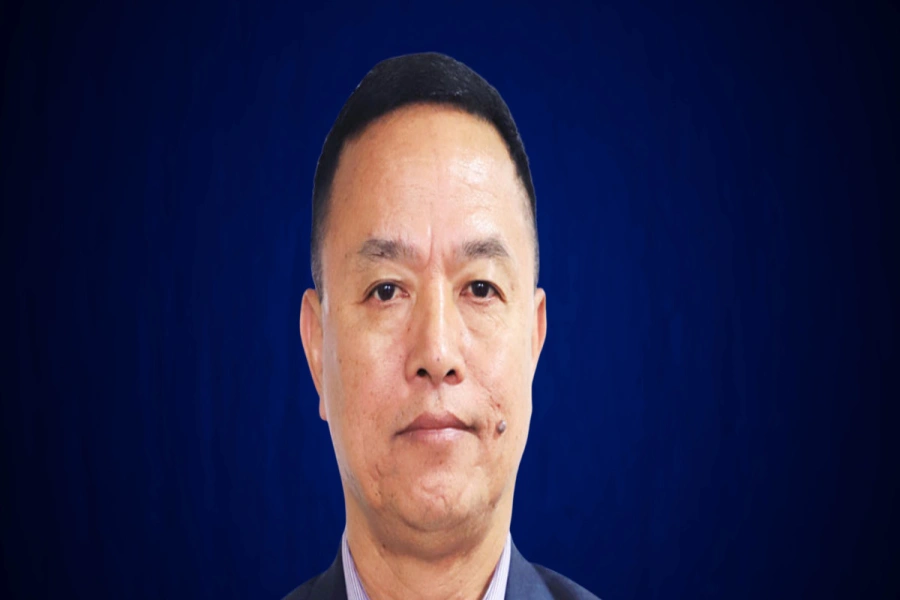KATHMANDU, Dec 22: China has no preference about who the ruling party is, but only hopes that Nepal has a stable government, a Chinese scholar has said.
In his article published in the state-run Global Times, Long Xingchun, a senior research fellow with the Academy of Regional and Global Governance at the Beijing Foreign Studies University, has said that China hopes Nepal can have a stable government which does not change too frequently so that everyone benefits. “This also includes China-Nepal ties,” he wrote.
“Actually, China has no preference about who the ruling party is, but only hopes that Nepal has a stable government," he has written further.
Xingchun, who is also president of the Chengdu Institute of World Affairs, said that China has not aided, coerced, or imposed pressure on any ruling party of Nepal.
"The coordinative role played by China should not be viewed as interference in Nepal's internal politics. The accusations from the Indian side are groundless," he added in his piece.
Obama proclaims to implement Nepal Trade Preference

The scholar also accused India of interfering into internal affairs of Nepal, including implementing a blockade in 2015.
"The Indian media often provoke China-Nepal relations, but this will not send big waves. Politicians in Nepal well understand the importance of cooperating with China. The wedge-driving maneuvers by some Indian media are bound to fail," he said.
The scholar also said that the split in the ruling Nepal Communist Party is not favorable to the country's political stability and the communist party overall. "When CPN-UML and the CPN Maoist Centre merged, both Nepal and the international community expected that Nepal would usher a period of political stability. Previously, Nepal's frequent changes in government gravely impaired the country's social stability and economic growth. Unfortunately, the country may fall into political instability once again only after just two years," he said.
The Chinese expert also mentioned that the merger between Nepal's two communist parties was yet to be fully realized.
"Forces led by Oli and Dahal may split the current communist party into two parties. This is unfavorable to the country's political stability and the communist party overall. A third party, such as the Nepali Congress, a social-democratic political party in Nepal, may benefit from this chaos," he said.
Talking about Prime Minister KP Sharma Oli's decision to dissolve parliament, the Chinese scholar said that the dissolution of parliament may cause great turmoil.
"Elections will be held in the first half of 2021, and the result will be highly uncertain. If the NCP splits, votes from different forces will become very scattered. Nepalese politics may backslide into a former state of uncertainty and instability," he said.
While talking about the likely scenario of Nepali polity, the Chinese scholar has speculated that no party in the country will be able to obtain over half of the seats in parliament. "A coalition government will emerge, like before, which will lead to an uneven distribution of interests. Defection could occur any time, resulting in a short-lived government," he opined.




